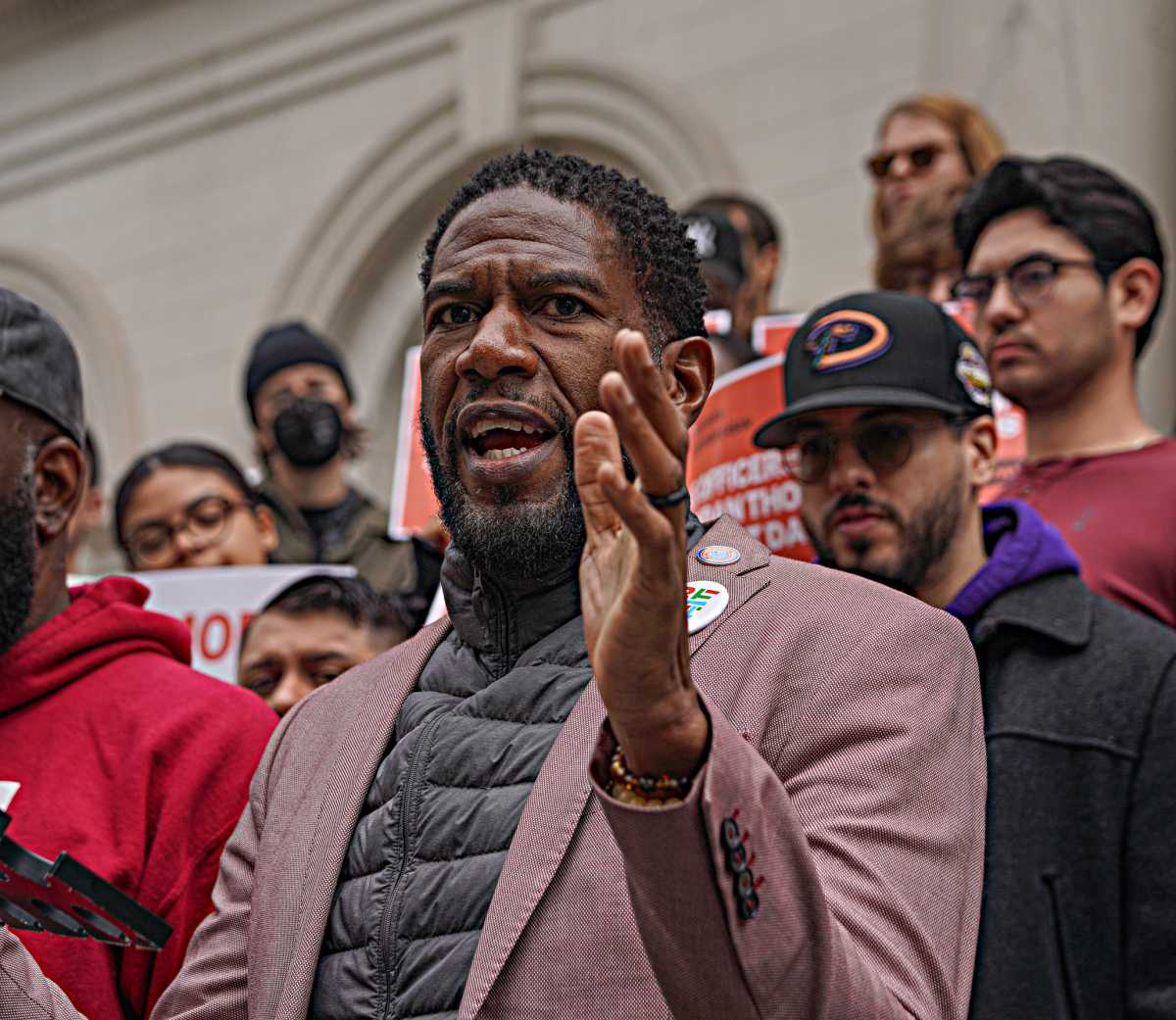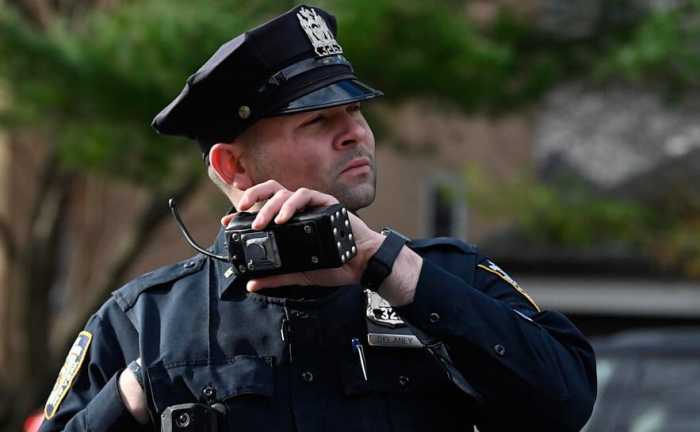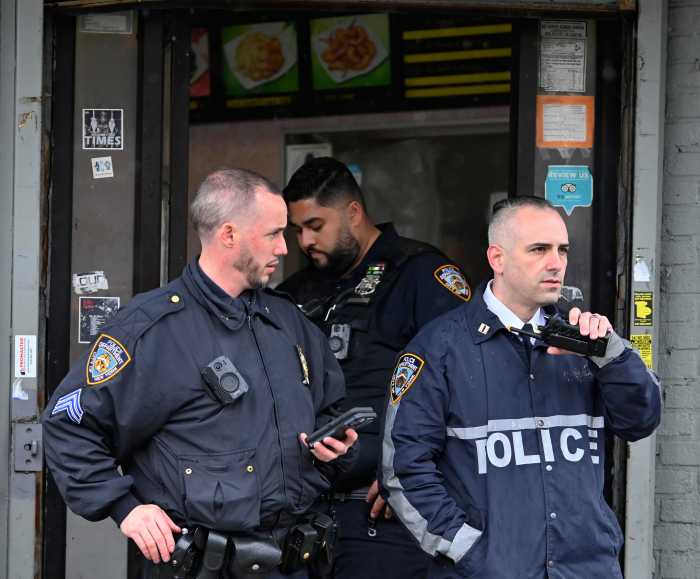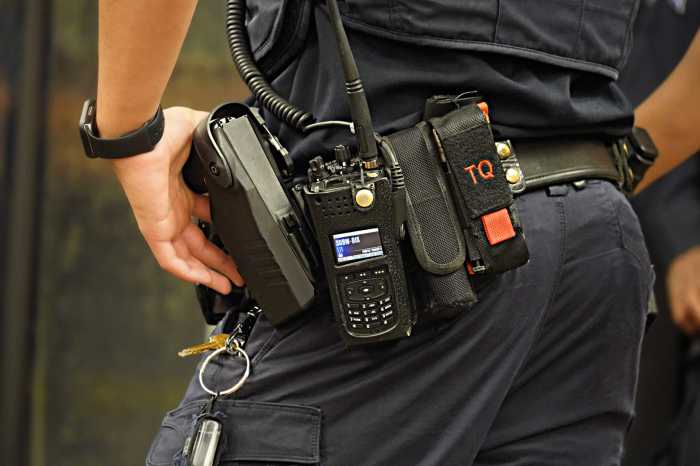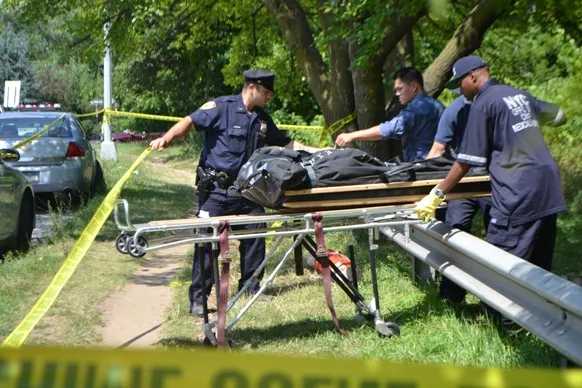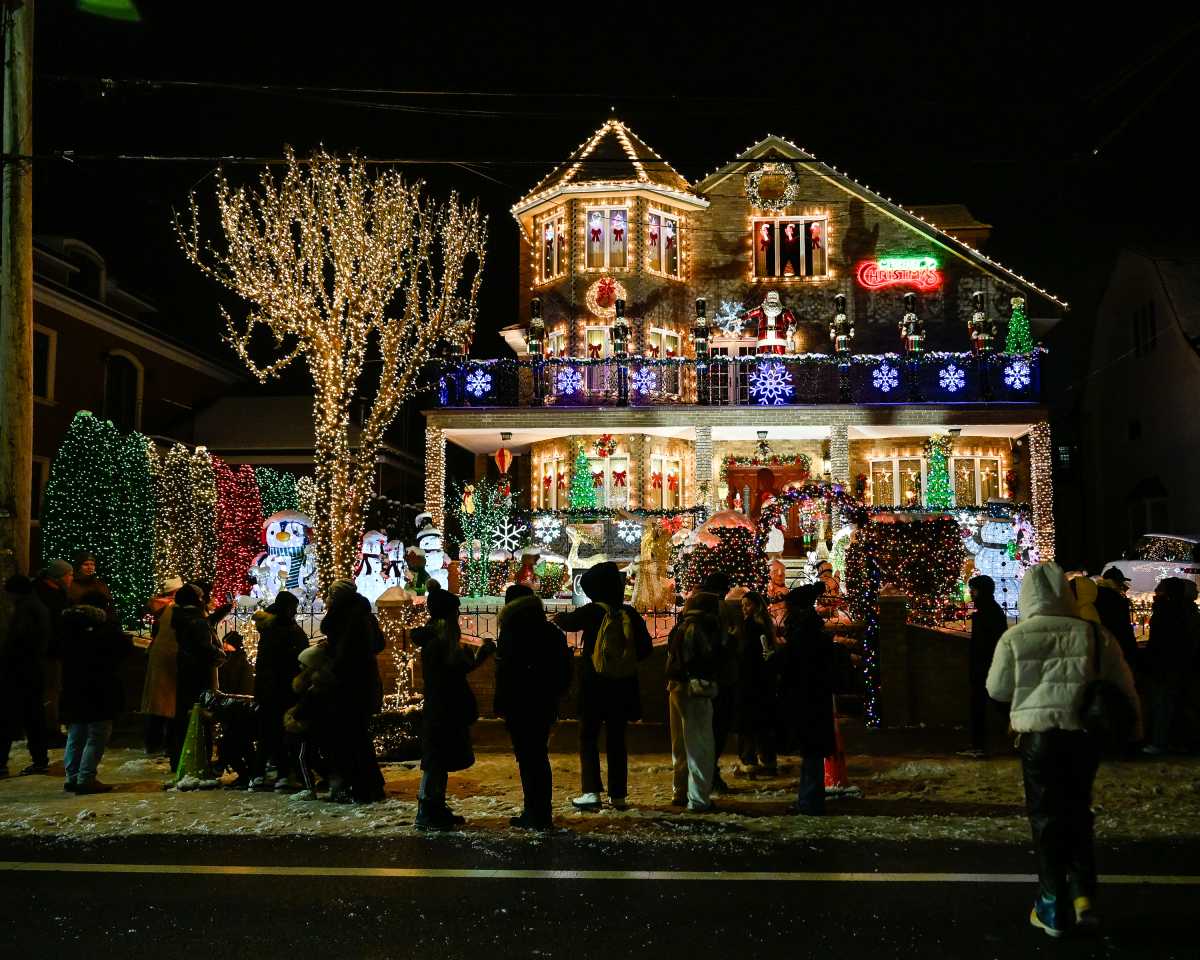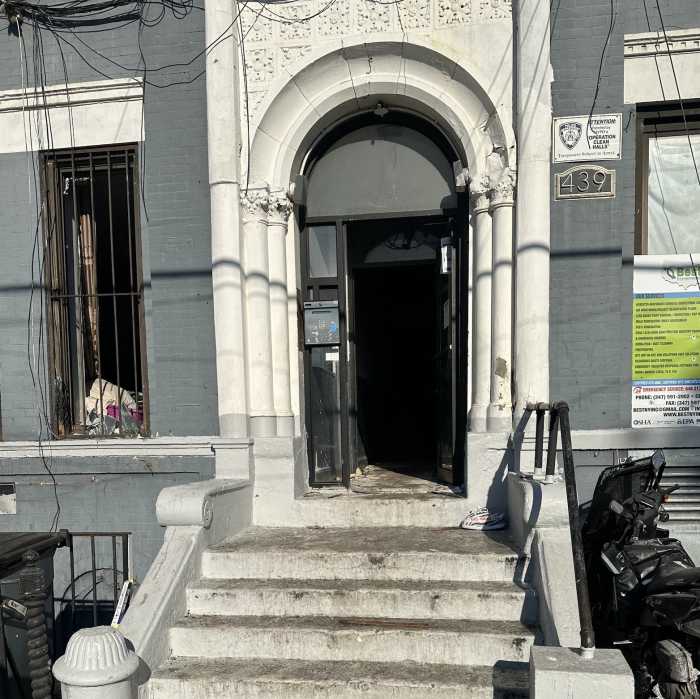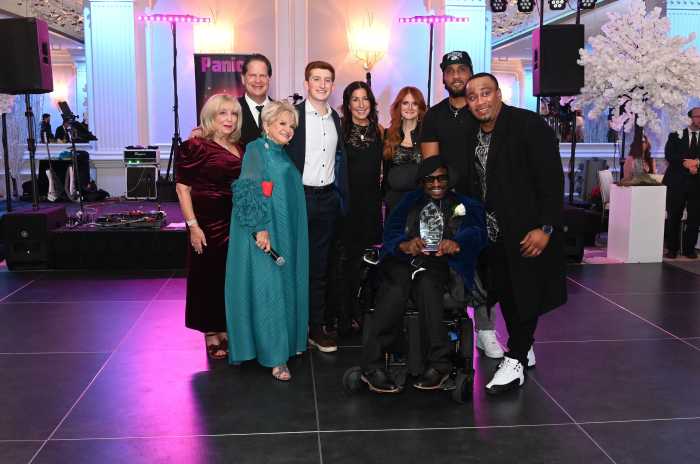Weeks after 19-year-old Win Rozario was shot to death by police during a mental health crisis, Public Advocate Jumaane Williams and other elected officials told amNewYork Metro that it is imperative that the press have access to NYPD radio chatter.
Those comments come as the NYPD continues a methodical plan to eventually encrypt all police radio communications, shutting out journalists and the public from chatter in a purported effort to block out criminals who could use the frequencies to their advantage.
Journalists descended on Rozario’s Ozone Park home on March 27 after it was reported that he was gunned down while wielding scissors shortly after he himself dialed 911. Members of the media were able to get the news of the shooting out rapidly thanks to having heard the incident unfold in real time via police radio communication.
But should the NYPD stay on course with its encryption plan — it already locked out communications in northern Brooklyn and Staten Island — for all of New York City, it will make such independent reporting on police incidents almost impossible. That’s something which deeply concerns Williams and others in city government.
“It’s really disturbing,” Public Advocate Williams told amNewYork Metro regarding police encryption plans. “This administration has a pattern of trying to be less transparent. This seems to be in that modality.”
Williams indicated that he and fellow elected officials have put forward ideas in order to ensure the media could maintain access, yet he says the brainstorming has fallen on deaf ears.
Police say the encryption process, which is expected to be completed in 2025, is intended to keep criminals from listening in to their response and planning it. When the NYPD first announced that some radio channels would be going dark, they also stated that they were mulling over how exactly to give media access on a timed delay. Yet as time wore on and more police channels were taken offline, the NYPD has come no closer to providing media access.
Elected leaders like Williams believe it is a necessity and in the public interest for the press to maintain access to police chatter, in real time.
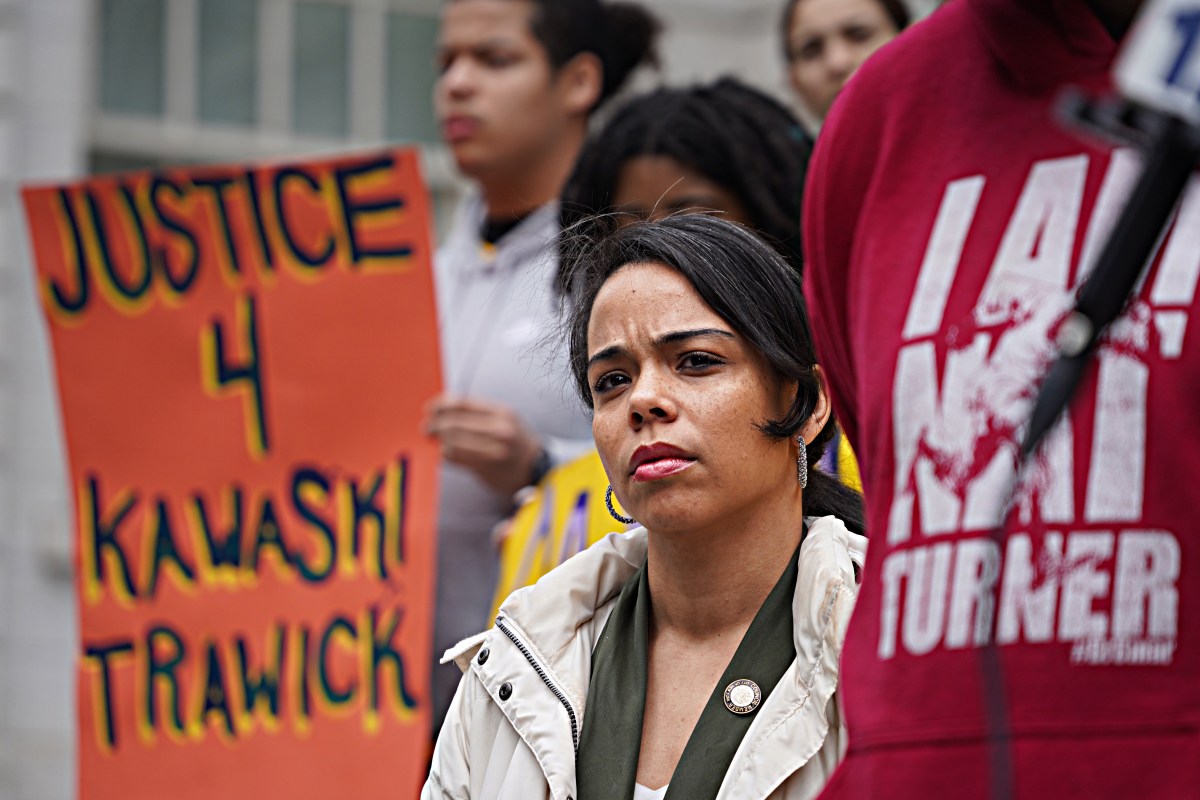
“It’s one hundred percent needed for the media to be able to have access,” Williams said. “Going dark completely for the public and the media unfortunately follows the pattern that we have seen of this administration, and I am concerned about it.”
Bronx Council Member Pierina Sanchez also weighed in on the debate, going as far as to say that locking press out of radios is dangerous.
“I think complete and total and complete encryption of NYPD radios is dangerous to public safety. It is bad for accountability, It is bad for transparency for the public,” Sanchez told amNewYork Metro.
The Councilmember conceded that certain aspects of police radios should be taken off the airwaves, such as specific investigation information. However, she said that should be the expectation and not the norm.
“I think public transparency is really the most important and access to the media is a really important component of keeping New York City safe,” Sanchez noted.



